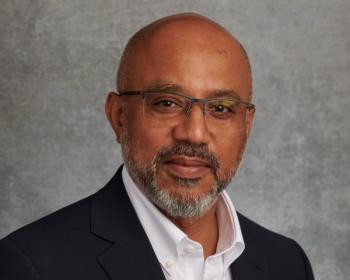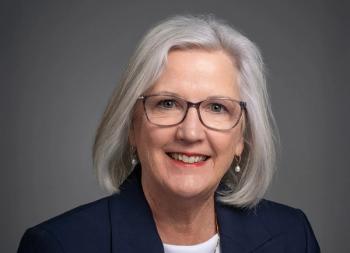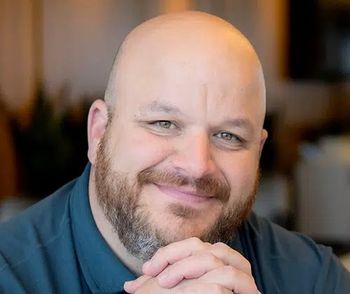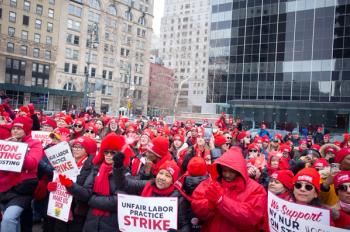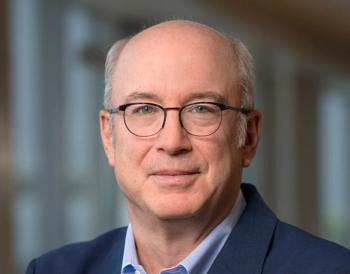
Robert F. Kennedy Jr., Trump’s HHS nominee, criticized as ‘disastrous’ and ‘dangerous’
Donald Trump wants Kennedy, the outspoken skeptic of vaccines, to lead the U.S. Department of Health & Human Services. Critics say he’s unqualified for the post and could damage public health programs.
In the final weeks of the 2024 presidential election, Donald Trump talked more and more about the role that Robert F. Kennedy Jr. would play in public health if he returned to the White House.
During his rally at Madison Square Garden in New York,
Now, Trump has made it clear that he wants Kennedy in charge of the nation’s healthcare policy. Trump said Thursday that he wants Kennedy to lead the U.S. Department of Health & Human Services.
Before the announcement, some public health leaders and advocates said they hoped Kennedy would not be given a key role, or any role, in federal health policy. They pointed to his long-running skepticism of vaccines and Kennedy’s wish to remove fluoride from drinking water.
Dr. Georges C. Benjamin, executive director of the American Public Health Association, told Chief Healthcare Executive® last week that he has “significant concerns” about Kennedy holding an influential position in health policy. He noted that Kennedy, who gained fame as an environmental lawyer, doesn’t have any scientific or medical credentials.
“I think he would not be my choice,” Benjamin said.
“I believe that the health department ought to be run by somebody who knows something about health,” he added.
Some Americans are already skeptical of vaccines, and that’s a growing problem in public health, he said.
“There’s a lot of vaccine skepticism out there that's resulted in low vaccine uptake, and we've had a substantial number of disease outbreaks because of the protesters … measles, people inadequately vaccinated from COVID, inadequate vaccinations from influenza. So big concerns about that confusion,” Benjamin said.
Speaking last week before the news of Trump’s nomination of Kennedy, Benjamin said he is skeptical that Kennedy would be confirmed by the Senate.
“I don't think he's someone that could easily be confirmed,” Benjamin said. But even if he isn’t ultimately confirmed by the Senate, Benjamin said he’s concerned about Kennedy’s involvement in health policy matters.
The U.S. Health Department includes the Food and Drug Administration, which regulates pharmaceuticals and healthcare devices; the Centers for Medicare & Medicaid Services; the Centers for Disease Control and Prevention; and the National Institutes of Health, the federal government’s largest source of funds for medical research.
In a
“I look forward to working with the more than 80,000 employees at HHS to free the agencies from the smothering cloud of corporate capture so they can pursue their mission to make Americans once again the healthiest people on Earth,” Kennedy wrote.
Annie Andrews, MD, a former Democratic congressional candidate in South Carolina, talked with Chief Healthcare Executive® about the impact of Trump’s election on public health. In a conversation last week, before Trump made his announcement, Andrews said Kennedy’s potential influence on health policy was a grave concern.
“What we're witnessing is this very, very unnatural, unhealthy infiltration of politics into the practice of medicine, and we've seen it with reproductive healthcare,” Andrews said last week. “Now we're seeing it with RFK at the helm, threatening to dismantle the FDA, banning routine immunizations, taking fluoride out of the water. You know, it's almost like we're an upside-down world.”
After Trump said he wanted Kennedy to lead the health department, Andrews wrote on X, “I cannot overstate how dangerous and stupid this is.”
Lawrence Gostin, faculty director of Georgetown University’s O’Neill Institute for National and Global Health Law, bemoaned the prospect of Kennedy leading agencies in charge of public health.
“Trump's pick of RFK Jr. as HHS Secretary is disastrous for public health. RFK JR has spent his entire life fomenting distrust in public health. He's the world's most pernicious anti-vaxxer. Having a person skeptical of science & evidence at HHS will make America Unhealthy,” Gostin
Donna Shalala, who led HHS under President Clinton’s administration,
“Kennedy is an unqualified, know nothing,” Shalala wrote. “He is dangerous to the health and well being of every American.”
Citing a story of Kennedy’s nomination, Arthur Caplan, a professor of medical ethics at New York University Grossman School of Medicine, wrote on X, “My prediction comes nightmarishly true. Just wait for further appointments.”
While Kennedy has said he is not against vaccines, he has repeatedly spoken out against them. As
Dr. Paul Offit, director of the Vaccine Education Center at Children's Hospital of Philadelphia,
“I think that were he in a position of authority regarding health, we would be in serious trouble,” Offit told CNN last month.
While Trump announced Kennedy as his HHS pick, the U.S. Senate must confirm key cabinet posts. Republicans will control the Senate next year, with a 53-47 vote, but with a narrow margin, Kennedy’s confirmation may not be a lock.
Four physicians, all Republicans, serve in the U.S. Senate: U.S. Sens. Roger Marshall (R-Kan.); Bill Cassidy (R-La.); Rand Paul (R-Ky.); and John Barrasso (R-Wyoming).
Paul already issued a statement of support congratulating Kennedy on his nomination.
“Finally, someone to detox the place after the Fauci era,” Paul
Cassidy said in a statement on X Thursday that Kennedy “has championed issues like healthy foods and the need for greater transparency in our public health infrastructure. I look forward to learning more about his other policy positions and how they will support a conservative, pro-American agenda.”

